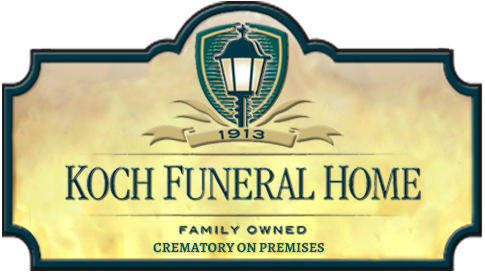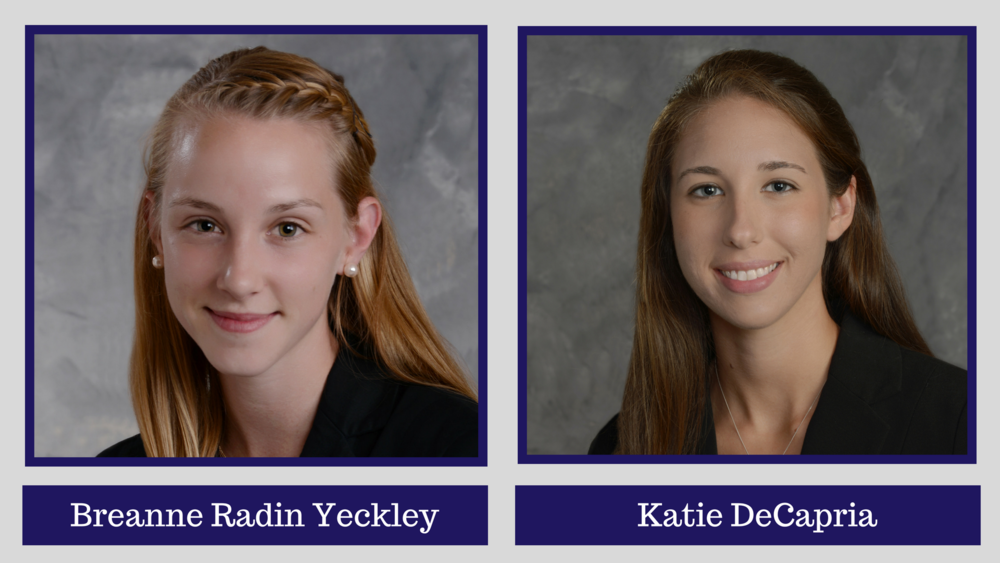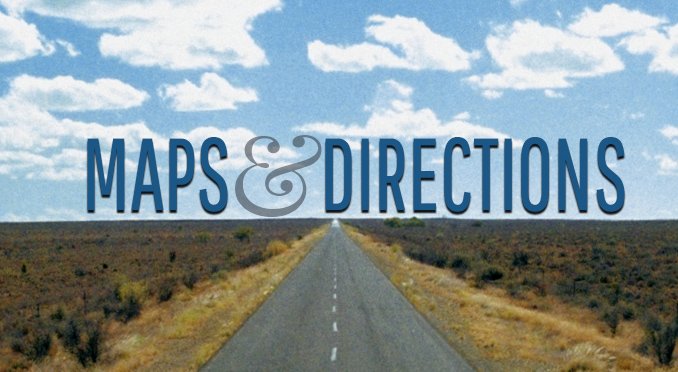To Embalm or Not to Embalm
To Embalm or Not to Embalm
When a loved one dies, family members are confronted with decisions regarding how they would like to honor the life that was lost. One of the first questions the funeral director will ask a family is what type of service they anticipate planning. Based on the answer, the funeral director will guide the family through their options, including whether embalming is needed or not.
Embalming is the preservation and sanitization of human remains which allows for a viewing time, public or private, and/or holding the remains until disposition. According to Pennsylvania Law, a holding period of 24 hours allows families to determine how they would like to proceed. The following are options families have to consider to meet both the legal requirements and their family’s wishes:
- For a traditional service, some considerations include whether embalming is required or not. Embalming is recommended for delaying disposition or requesting a public or private viewing time. Due to certain religious preferences or personal beliefs, embalming may not be desired. In such cases, refrigeration or placement in a sealed casket meet the legal requirements and still allow for ceremonious burials.
- When cremation is desired as the form of disposition, the funeral director will ask when you would like the cremation to occur, before or after the service. If the cremation is to occur before a service, embalming is not required as long as the cremation occurs at the end of the 24-hour holding period. In situations where cremation is delayed, refrigeration or embalming would need to be chose.







Comments